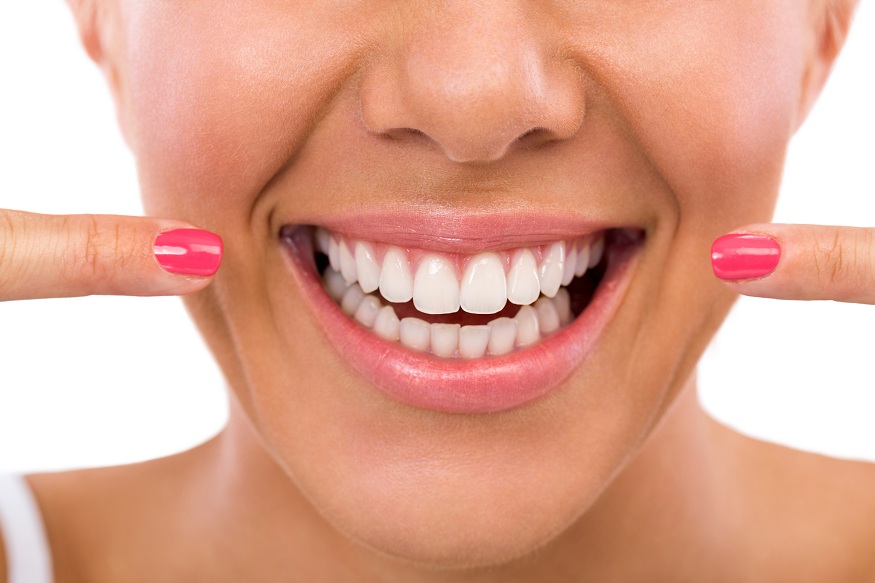
When speaking of mouth fluid, saliva and spit serve the functions of swallowing and tasting, but saliva holds a threshold amongst them all, and here is why. It has numerous attributes, one functioning as a protector of the mouth. When it comes to oral health, saliva is an essential protein that shouldn’t be overlooked.
Through thorough analysis and proper understanding of various issues at the dental office in Merced, one can provide a productive environment and balance out the issues related to high or low saliva production. This article will largely elaborate on saliva, its composition, and its benefits.
The Importance of Saliva in Oral Health:
The role of saliva is so crucial for preserving the teeth and the gums that one can never underestimate it. It contributes substantially to oral care and reduces the risks of cavities and teeth rotting. Here are its key benefits for your oral health: Here are some of the key benefits that can be associated with saliva:
1. Maintains Bacterial Balance in the Oral Cavity
Your mouth has a complicated population of bacteria: some friendly, some nasty. Saliva ensures a normal balance and impedes pathogenic forms from taking hold on mucosal surfaces within the mouth. This constant balance prevents cavities, gum disease, and even halitosis.
2. Strengthens Teeth
Enamel remineralization is effective with optimal pH balance and a constant supply of saliva, so redox processes prevent dental caries formation. Because teeth scraping is a daily occurrence, strengthening teeth is vital.
3. Removes Food Particles
Food particles can naturally stick to teeth or diffuse to distant parts of mouths. This self-acting rinse naturally displaces these particles, lowering the chances of plaque formation. Although saliva assists in cleaning, brushing and flossing are necessary for good oral hygiene.
4. Acts as an Acid Buffer
Enamel loss and damage can be worsened by consuming acidic foods and the microorganisms that reside in the mouth because they secrete harmful acids as waste products. These harmful substances are neutralized by bicarbonates found within the saliva. It also invades the dental biofilm’s inner surface and reduces the impact of the resident cavity bacteria.
5. Lubrication
One of saliva’s main functions is lubrication. It moistens the oral cavity and protects it from mechanical dryness and discomfort. Some medications, smoking, or a lack of water may cause dry mouth, making people more prone to oral conditions like tooth rot. Water and saliva should be regularly replenished so that the oral cavity is free from discomfort and conducive to well-being.
Too much saliva? What to do?
The out-of-the-ordinary production of saliva can cause problems, such as swallowing difficulties, drooling, or discomfort. In these cases, some of the solutions one can opt for include:
- Medications: Glycopyrrolate and scopolamine, which result in lower saliva secretion.
- Botox Injections: Temporarily block out overactive salivary glands to decrease activity.
- Surgery: Salivary gland removal or rerouting the duct is an effective solution for severe cases.
Conclusion
Saliva is one of the most important defenders of oral health. It lubricates the mouth, strengthens the teeth, and controls oral bacteria. Because it is crucial for oral hygiene, saliva is used constantly to prevent dental caries and effectively remove harmful food acidity from the mouth.
Seeking professional help for any saliva-related issues can be extremely helpful in easing the desire to visit the dental office. Patients can better understand their conditions and explore various treatment options by consulting with a healthcare professional.

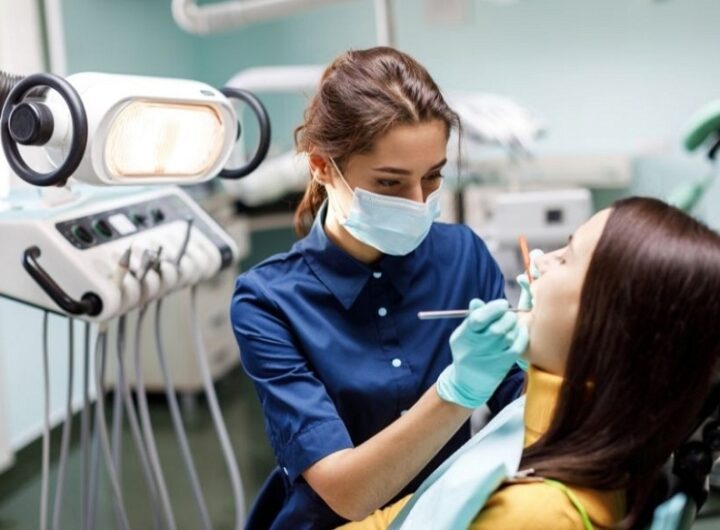 Composite Veneers Versus Porcelain Veneers in Fairhope, AL: Which Option is Right for You?
Composite Veneers Versus Porcelain Veneers in Fairhope, AL: Which Option is Right for You? 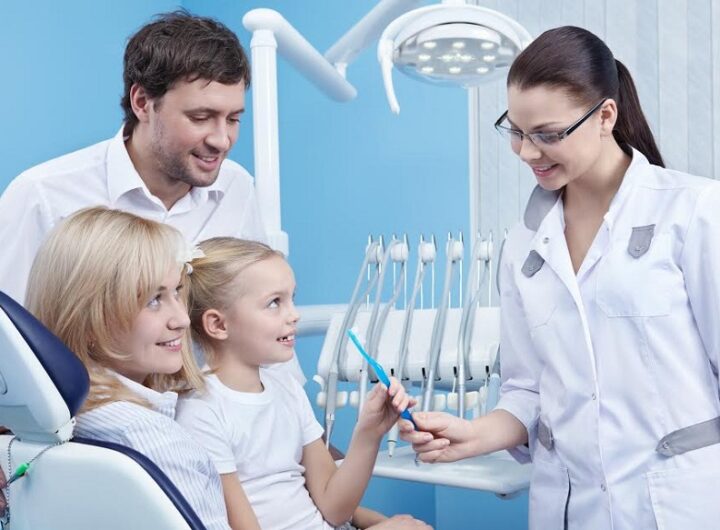 Smelly Breath is One Thing, But How Does One Get a Foul Taste in Their Mouth?
Smelly Breath is One Thing, But How Does One Get a Foul Taste in Their Mouth? 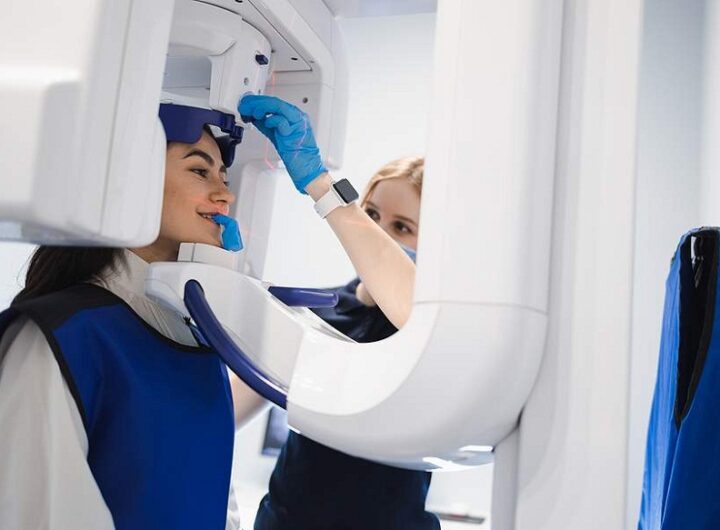 5 Reasons Your Dentist Asks to Take Dental X-Rays in Indianapolis, IN
5 Reasons Your Dentist Asks to Take Dental X-Rays in Indianapolis, IN 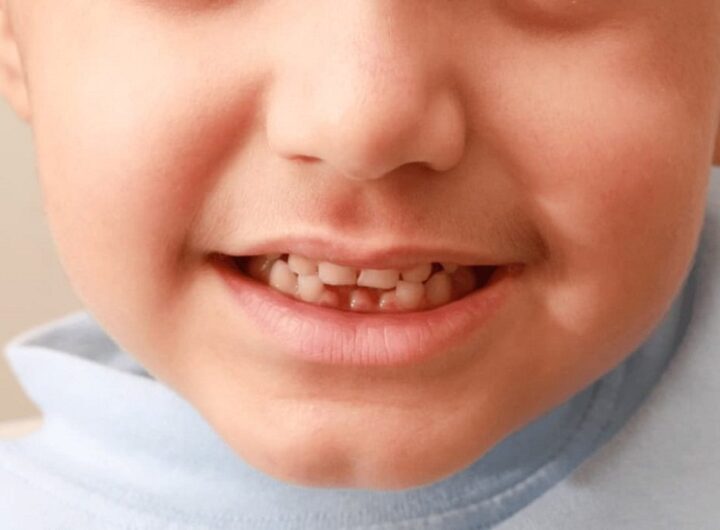 Cleft Lip and Tooth Development: Understanding the Challenges
Cleft Lip and Tooth Development: Understanding the Challenges 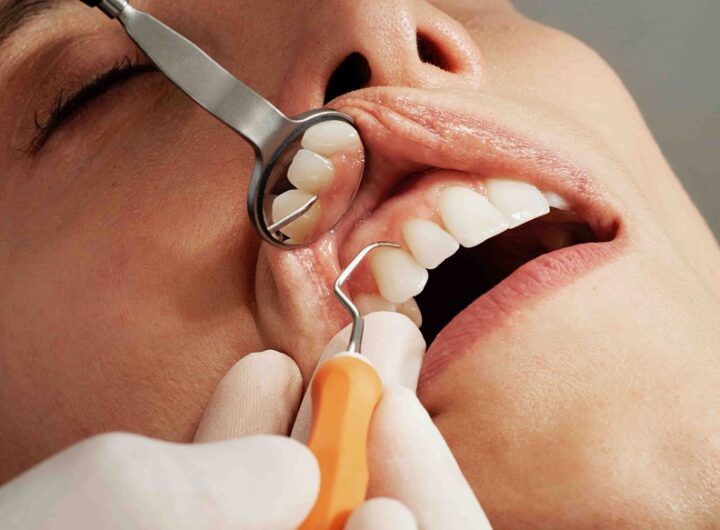 Why Do Some Veneers Look Fake? Tips for a Natural Look
Why Do Some Veneers Look Fake? Tips for a Natural Look 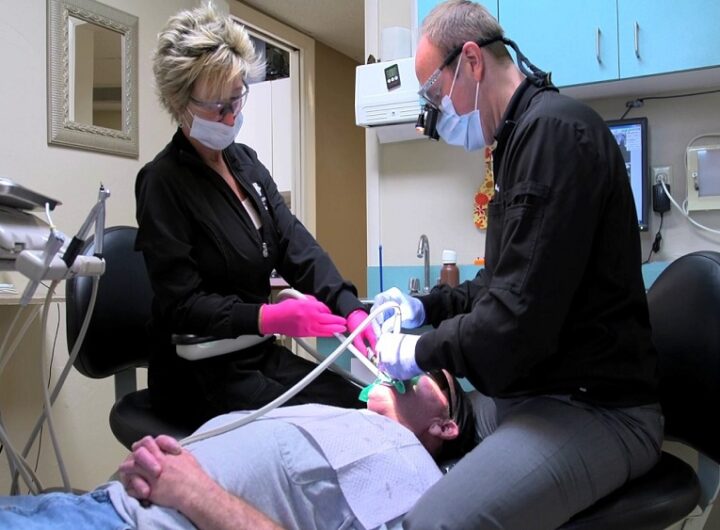 The Benefits of a Family Dentist: Why Choosing a Family-Friendly Practice Matters
The Benefits of a Family Dentist: Why Choosing a Family-Friendly Practice Matters  Trek Nepal’s Four Great Regions: Annapurna, Langtang, Manaslu, and Nar Phu:
Trek Nepal’s Four Great Regions: Annapurna, Langtang, Manaslu, and Nar Phu:  The Ecosystem of Ease: How Bill Payments Evolved into a Digital Habit
The Ecosystem of Ease: How Bill Payments Evolved into a Digital Habit  How Insurance Apps Are Embedding Themselves Into India’s Daily Payment Flows
How Insurance Apps Are Embedding Themselves Into India’s Daily Payment Flows  A Guide to the Best Things to Do Near Villa Firenze Costa Rica
A Guide to the Best Things to Do Near Villa Firenze Costa Rica